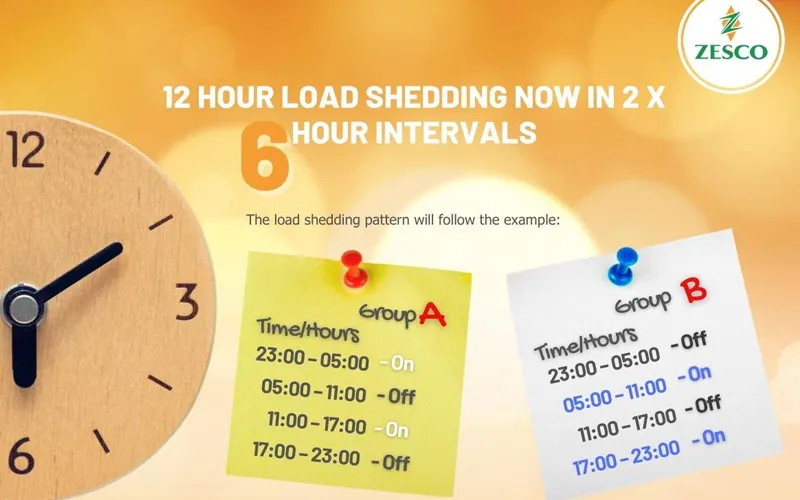Lusaka, 21 January, 2023 / 9:31 pm (ACI Africa).
The shutdown of electric power for hours in Zambia will have a negative effect on vulnerable Zambians and small business enterprises in the Southern African nation, officials of the Jesuit Centre for Theological Reflection (JCTR) have said.
On January 1, the Zambia Electricity Supply Corporation (ZESCO) announced the commencement of a 12-hour daily rotational load shedding, increasing it by six hours amid a reported drastic reduction in water for electricity generation at the Kariba North Bank Power Station.
In a January 13 statement, JCTR officials say they are “concerned that load shedding will have a negative impact on the most vulnerable people in the country, especially given the high cost of living.”
They say vulnerable people will have a hard time seeking energy options, especially during the ongoing wet season.
“Generally, the price of charcoal goes up during the wet season when the product becomes scarce due to the fact that wood takes longer to dry than it does during the dry. With few or no viable alternatives to charcoal, the commencement of load shedding will inevitably increase demand and affect commodity prices,” they say.








